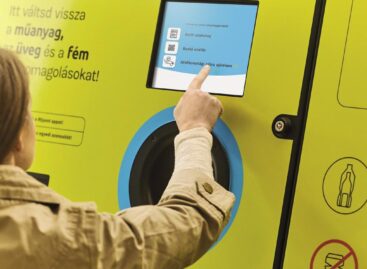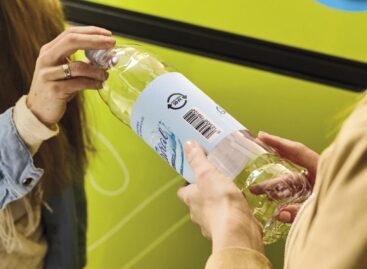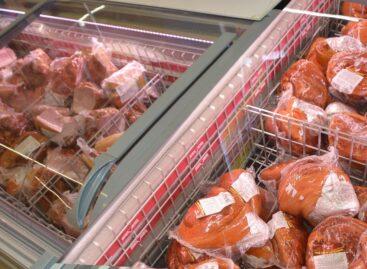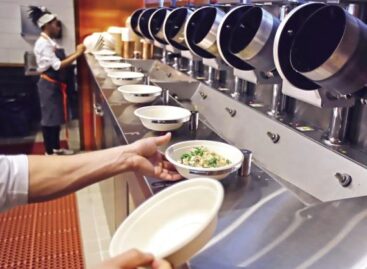Selective waste collection is improving nationwide
MOHU will double the frequency of collection of selectively collected paper, plastic and metal waste from households from this year onwards in all settlements with a population of more than 5,000, where the selective bins were previously emptied once a month.

According to a statement from MOHU Mol Hulladékgazdálósítás Zrt. on Monday, the more frequent, biweekly collections will affect 96 cities with a population of approximately 1.5 million. During the increased frequency, MOHU will also provide new bins, and has already distributed them to 15 of the affected settlements. Waste collection will continue to take place at the usual frequency in settlements with fewer than 5,000 inhabitants.
The aim of the new system is to increase the efficiency of waste collection, thereby also having a positive impact on sustainability, they emphasized.
According to MOHU data, in settlements where selectively collected paper, plastic and metal waste is currently delivered to homes once a month, the average amount of selective waste per capita is significantly lower than the average in settlements where containers are emptied every two weeks.
Related news
MOHU Raises Donations for Three New Organisations
🎧 Hallgasd a cikket: Lejátszás Szünet Folytatás Leállítás Nyelv: Auto…
Read more >MOHU Budapest: the usual waste collection schedule will be in place on the last day of the year and the first day of the new year
🎧 Hallgasd a cikket: Lejátszás Szünet Folytatás Leállítás Nyelv: Auto…
Read more >Related news
PwC Global CEO Survey: CEO confidence at a five-year low
🎧 Hallgasd a cikket: Lejátszás Szünet Folytatás Leállítás Nyelv: Auto…
Read more >







